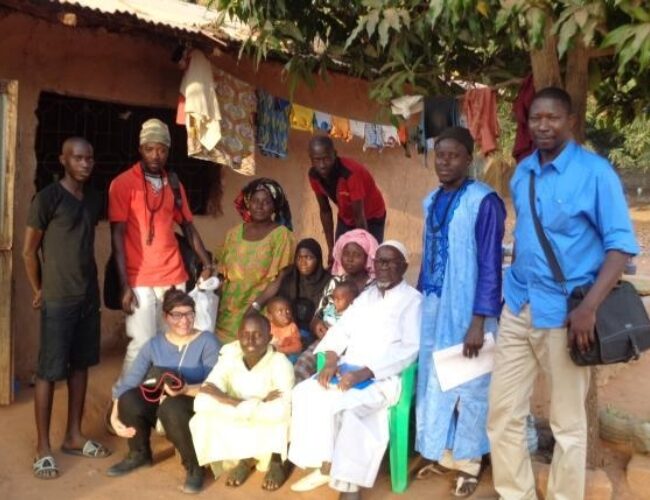The centuries-old Mandinka Ajami tradition is one of least documented literary practices of Africa. The Ajami manuscripts will enable academics to access, for the first time, thousands of Mandinka primary sources dealing with religious and non-religious subjects. Without preservation, the bulk of these precious documents will be lost or destroyed.

Mandinka Ajami manuscripts are manuscripts written in the Senegambian variety of the Mande language known as Western Mandinka. The material includes the works of some of the most renowned Mandinka scholars who were pivotal in spreading Islam and training generations of scholars and community leaders in Senegambia, including in the Joola Fooñi area of Casamance, the Gambia, and the Bijini area of Guinea Bissau. The manuscripts will enable scholars to understand the role Mandinka scholars have played in the Islamisation of southern Senegal, the Gambia, and Guinea Bissau, and will improve the work of anthropologists, historians, linguists, and Islamicists interested in the Mande people and Islam in Africa.
The manuscripts were written between the 17th and 20th centuries. Most of the manuscripts show signs of deterioration. They are exposed to water and fire damage and to termite and mice attacks in the homes of their owners in Ziguinchor, Kolda, and Sédhiou.
The project found more manuscripts than expected, and digitised 214 manuscripts from 58 collections from Mandinka communities of Casamance. The project trained the research team at the West African Research Center. An area digitisation project will start in 2023 to digitise more Ajami manuscripts in Guinea and Senegal.
